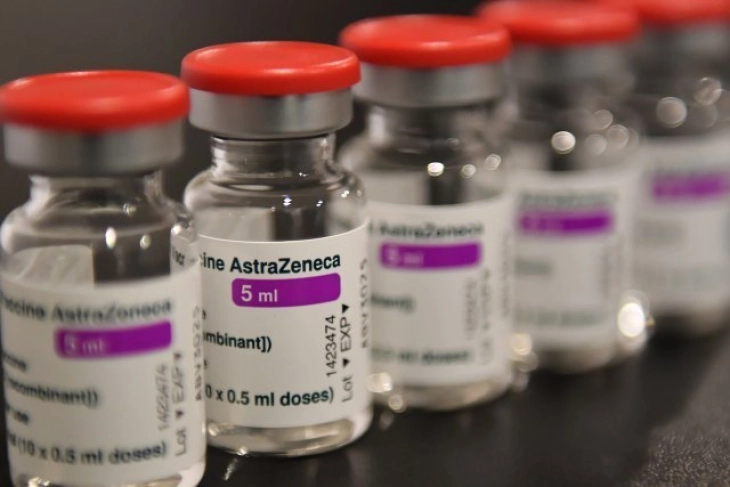EU, AstraZeneca strike deal ending legal row over vaccine supply

Brussels, 3 September 2021 (dpa/MIA) - The European Union and AstraZeneca have struck a deal on the delivery timeline for the remaining Covid-19 vaccine doses still owed to the bloc, ending a heated legal row.
"There are significant differences in vaccination rates between our member states, and the continued availability of vaccines, including AstraZeneca's, remains crucial," European Health Commissioner Stella Kyriakides said in a written statement on Friday.
Ruud Dobber, Executive Vice President of BioPharmaceuticals Business Unit at AstraZeneca, said in a written statement he was "very pleased that we have been able to reach a common understanding which allows us to move forward."
The still undelivered doses of the total 300-million-shot contract are to be handed over by the end of March 2022, the EU executive branch said in a press release.
The entire purchase agreement, negotiated by the commission on behalf of the EU member states in 2020, originally estimated the delivery of 300 million shots by the end of June 2021.
But only 100 million doses of the life-saving drug had been delivered by the end of that month, according the commission.
Production difficulties wiped out a huge part of the EU's order for early 2021, causing a major headaches for member states at the start of their inoculation campaigns.
AstraZeneca consistently argued that it was under no legal obligation to meet the arranged timeline, because the contract only compelled the company to make its "best reasonable efforts" to meet these goals.
At the start of the year, Brussels was particularly irked that neighbouring Britain's supply chain remained relatively untouched by the supply chain difficulties.
The bloc even halted the export of 250,000 of the company's vaccine doses from Italy to Australia, arguing it must first honour its contractual obligations to the EU.
After months of bad blood, the commission started legal action against the company in April. Belgian courts were due to start hearing the case in September.
In a bid to speed up deliveries, the EU executive also took out an emergency injunction against the firm in May. A Belgian court's verdict on that injunction, handed down in June, was claimed by both sides as a victory and had little impact on supplies.
But the urgency surrounding the AstraZeneca supply shortfalls has since ebbed: Some 70 per cent of adults in the EU have now been fully vaccinated against the deadly respiratory disease.
By far the biggest supplier to the bloc is joint German-US venture BioNTech/Pfizer. Despite the difficulties, AstraZeneca remains the second-largest producer of shots supplied to the EU, followed by Moderna.







